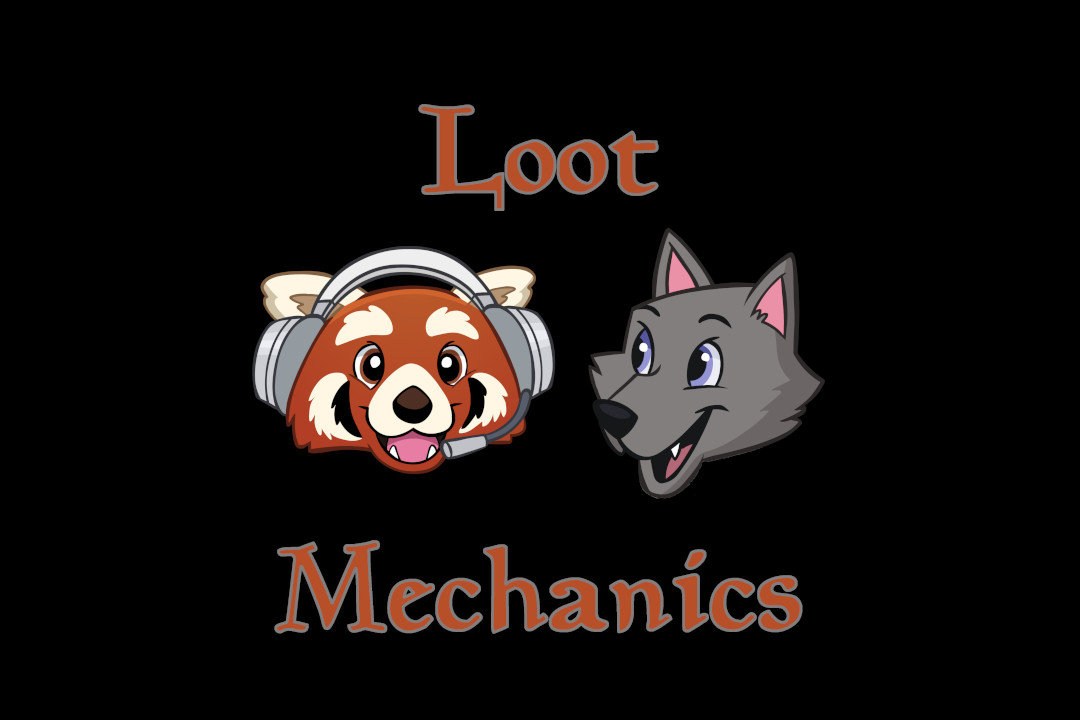I have suffered through a lot of bad takes from the Tabletop Roleplaying community over the years, but one in particular has really gotten to me of late, regarding piracy in tabletop roleplaying: “If the company can’t make money, they won’t support the game anymore!”
Trust me, I get where this concept is coming from, and I understand what the fools who spew this pablum are trying to say, but they are wrong. The idea is simple enough. If people can obtain digital copies of TTRPG books through piracy, that means lost sales for the company selling that book, which in turn gives said company less incentive to support that game in the future, right? This same argument has been made about pirating all manner of media in the past, and always amounts to the same amount of bollocks, in the end.
This is all utter bullshit.
Look, there is a vast difference between physical TTRPG books and digital copies. While both contain the same content, physical books are way more popular with the TTRPG community than their digital counterparts. While the use of computers, tablets, and even phones at the table has become more common in the last few years, I don’t think anyone can argue (with a straight face, anyway) that digital copies of gaming books are easier to use at the table than physical books.
“Piracy” of digital TTRPG books is not a real problem in the industry. If it were, then why do most publishers provide free PDFs of their books, when you buy the physical copy? Steve Jackson Games is one of the few holdouts that make people buy the digital version separate from the physical copy of their books, but their stance is mostly seen as antiquated and out-of-touch with modern gaming. Why?
Because digital TTRPG books are generally of no value.
Yes, you heard me right. TTRPG PDFs are of zero value, in the long run. Allow me to explain.
I have already stated how most TTRPG companies provide free digital (PDF) copies, when you buy the physical version of the book. This is so you can pass the PDF around to others at the game table, in case they don’t have their own copy of said book. Now then, read that last sentence again.
Basically they are effectively rendering these digital books valueless, by allowing you to give out free digital copies to anyone, after you buy the physical book. Maybe you only play with the same few people at your table, or maybe you play with dozens upon dozens of others (such as if you are a Professional GameMaster, for example)… How are these gaming companies to know?
Now then, let’s look at what these digital PDFs entail. Unlike physical books, which are clearly unique unto themselves, PDFs are effectively clones. Once you create the initial PDF of a given book, your costs for manufacturing are over. Distribution is also extremely cheap for these books, unlike with their physical editions. So if someone were to “pirate” the PDF version of a TTRPG book, how exactly is this harming the company that developed it?
“If you steal their digital book, the company will lose money, and maybe stop supporting that game!”
Wrong.
As I said, these companies are – for the most part – giving their digital PDFs away effectively for free, almost as a bonus for buying the physical book. These PDFs are intended to be shared with others, and those companies don’t see to be concerned about losing future book sales, because you share said PDFs with your friends. Why is that? Because the PDFs are basically a free advertisement for the physical book.
Using PDFs at the game table is not as handy as having a physical copy of the book in your hands. PDFs are harder to navigate through, harder to read, and generally slow down play more than using a physical copy of the same book. But they are useful for keeping a particular page up and available for quick access, say a often-used chart or the like. Moreover, PDFs can work as very useful enticements for others at your table, or others in general, to buy the physical copy of said book.
PDFs are advertisements for the physical books, and little else.
Sure, TTRPG companies can sell these PDFs alone, and make a decent profit that way, but that rarely is the primary way they intend to make money off of a given book. Yes, many small gaming developers produce their books only as PDFs, but that isn’t a reason to discount my argument. I am all for small developers earning money however they can, being one myself, but in an age where Lulu.com and DTRPG.com can provide Print-on-Demand services for selling TTRPG books, it renders any thought that sharing PDFs might hurt small creators moot.
Seriously, most developers want to get their books into as many hands as possible, and if that means you sell less digital copies in order to increase the chance of selling more print or POD editions, that is a chance they will take. Obviously, this doesn’t apply to everyone, but considering how freely most small TTRPG developers are with their PDF editions (which is to say, giving them out for free with most print copies), sales of digital-only copies seems to be the cherry on top of their sundae, so to speak.
Now I would like to see more TTRPG developers embrace print-on-demand, rather than just sell their books digitally-only, because I feel they are hurting their game’s sales overall, without having print editions. No, not every small TTRPG will catch on, print edition or no, but that’s why POD services like Lulu and DTRPG are so damn useful! But I get it, that isn’t for everyone.
But that doesn’t mean sharing PDF editions is bad. If anything, TTRPG devs are being hypocritical by decrying the practice as “piracy”, when they themselves encourage this sharing of files!
Anyway, I have a solution for this “piracy” concern that so many people want to scream and bitch about: Don’t provide PDF editions of TTRPG books! It’s a lot harder for people to ‘steal’ these books digitally, if you don’t make digital editions, and share them for free with purchase of a print copy of said book!


